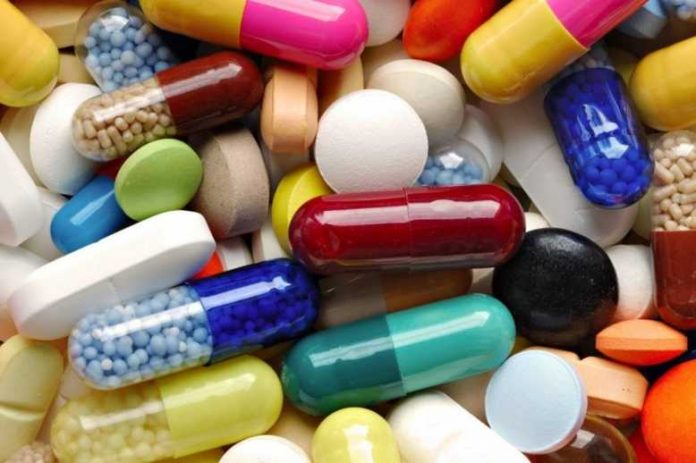Sri Lanka’Medicines Regulatory Authority is compelled increase the prices of medicinal drugs as it has no option due to step depreciation of the rupee to the dollar amidst dwindling foreign reserves , official sources said.
Prices of Pharmaceuticals have been controlled and regulated when the US dollar was trading at around Rs. 170 and after the floating of the rupee it has increased to around 254 the prices cannot be controlled any more , State minister Channa Jayasumana said.
This exchange rate is expected to go much higher in the event of the dollar being allowed to float.No industry, even one as powerful as the pharmaceutical industry can absorb that kind of loss of profit.If the Maximum Retail Price (MRP ) of medicines are not allowed to be adjusted in accordance with the exchange fluctuation, no importation of medicines will be possible in the future.
This will have an immediate and irreversible effect on the health of the entire population as more than 85% of all medicines used in the country are imported.
Therefore he said approval has been granted by regulatory authority to increase the price of pharmaceuticals by 29%, making medicines one of the latest items to go through a price hike.
According to State Minister of Pharmaceutical Production, Supply and Regulation Channa Jayasumana, the National Medicines Regulatory Authority (NMRA) has approved the price hike for pharmaceuticals.
“The National Medicines Regulatory Authority is the only body legally allowed to control the price of pharmaceuticals in Sri Lanka. It has a price control committee, chaired by renowned medical expert Dr. Palitha Abeykoon,” Jayasumana said.
He explained that the NMRA’s price control committee consists of 13 experts representing various organisations. The committee considers factors like currency fluctuation to decide if the price of pharmaceuticals should be revised.
The State Minister explained that several requests have been made to increase the price of medicines, given the depreciation of the rupee. However, Jayasumana emphasised that the decision on price hikes is not made by importers or pharmacy owners, but the NMRA.
Pharmaceutical industry source said that the industry has always had the interests of our patients as the foremost consideration. In consequence the industry is against a haphazard price increase which will leave the patients at the mercy of unscrupulous elements.
What the industry suggests is a Pricing Mechanism that is equitable, fair and easy to implement. It should take into consideration the rising costs and exchange fluctuation but should still have patient welfare at its core.
The industry has actually taken legal action requesting such a pricing mechanism and the judiciary has dictated that the authorities must discuss this with the stakeholders and arrive at such a mechanism. Unfortunately, the industry has not yet been consulted and a mechanism has not materialised.
